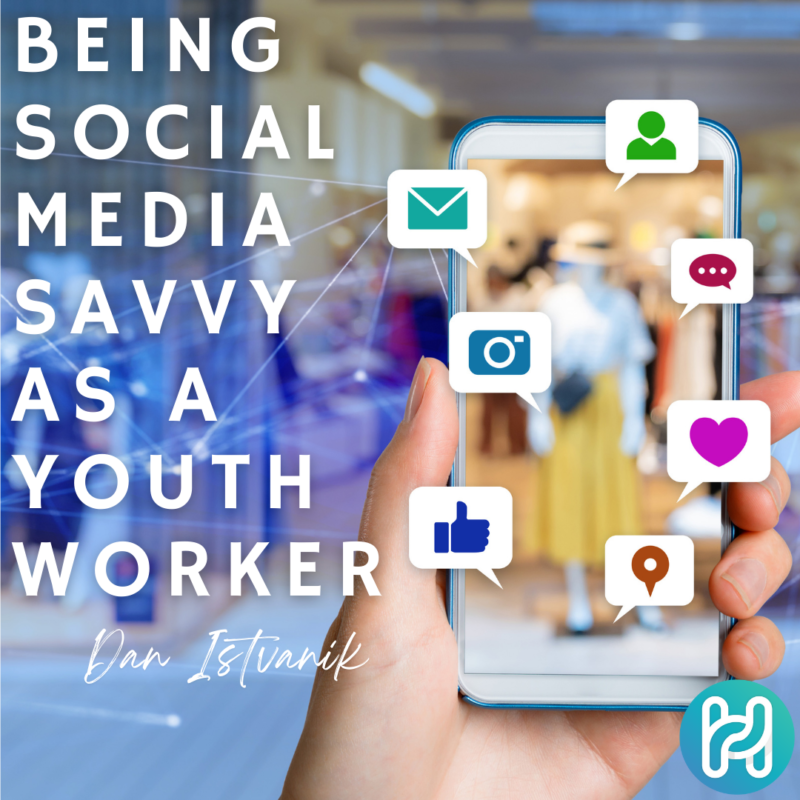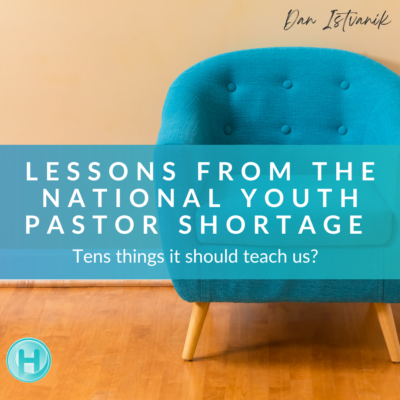Youth Ministry Hints, Youth Ministry Thoughts
Being Social Media Savvy as a Youth Worker
Social Media Savvy is a hard thing to come by and to balance. Social media over the past decade or so has been a gift and a curse. It has allowed youth workers to have an almost continuous flow of connection into the lives of our students. It has also been a window into our students’ families, friends, culture, and even emotions.
Used well, and it is a win. Used poorly, and the loss is huge. It is especially true when we consider all the pros and cons in reverse.
Social media can also be a continuous flow of connection to our lives. It can be a window into our families, friends, cultural thoughts, and emotions. In the past two years, social media has gone to another level regarding opinions and politics. Social media is now beyond sharing cute pictures, funny jokes, and checking in from our favorite restaurant with a foodie pic.
This is why we need to become “Social Media Savvy” as Youth Workers.
Keep It Fun
Your social media feed does not need to be all doom and gloom. Students get enough of that everywhere else. Sure, things are going on in our world that you care about and troubling things are happening. You can’t ignore those things, but you can choose to find joy amid sorrow. Appropriate moments to rejoice and find laughter. You can balance out your feed so that it is not only a continual feed of the dark side of life
What is going to shine bright on social media is when students see an adult that is being different. Not fake but real, while also showing that even when you are not happy you can still find God’s little joys in life! You can find humor without being a “meany memer”.
Make It Personal, But Not Too Personal
Do NOT be an over-sharer! WAY too many youth workers are leaving it all out there on social media for students, parents, and the church to see, then wondering why they are not getting respected. Even worst, wondering why they are being shown the door?! We earn the right to be heard, so we want to be authentic and personal while we lead out front with our lives and upfront with our words. The problem comes when we cross the line from being authentic to being exposed. This is not just your family vacation pictures in your swimsuit; often, we uncover pieces of us that belong in more intimate settings and relationships. While it is the habit of many to share every personal moment and memory, consider what things we want to stay in our students’ memories too.
When personal becomes too personal, our personality and character come into question, leaving us to answer questions that we may not want students and others asking.
Watch Out for Stumbling Stones
We, as youth workers, have chosen to be in-person AND social media influencers. Just like all influencers now in our world, what we post becomes a promotion and recommendation. While you may not be a Kardashian, you are a “lifestyle influencer.” You listen to it, and your students may listen to it too. You wear it, and your students may consider wearing it, soon. Your drink in, smoke it, ink it, or say it… guess what your students think you, your ministry, and your church have approved it.
What is worse is when those things we choose to post trip-ups students early on in their faith journey. Enough people and influences are detouring our student’s faith stories. Don’t let your social media story be one of them.
This is not a debate on Christian Liberties, it is a fact that we are examples for our students. We can choose the be another stone in their foundation of faith or a stumbling stone on their way out of the church.
Re-Discover Your Privacy Settings
“Some things belong between you, Jesus and the doctor,” at least according to my mom!? “Keep your private things private,” as I learned from her. The same is very true for social media, especially as a youth worker. This idea is not about your modesty; it is about your privacy. You have a way to “zip things up” and keep things out of sight using privacy settings. You can create “audiences” on Facebook to keep your ministry students and families separated from your personal friends. You can make two different accounts on Instagram, Snap, Twitter, and even TikTok. A super simple way to keep things private is not to allow students to follow your personal social media, allowing them to connect to you through a ministry-based account.
Create a setting for your settings, when it comes to keeping some of your private life, private. We want students to have access to our lives, but that does not mean they get a full-access, backstage passes to every aspect of our lives
Be Friendly Without Being Friends
Students can be our “Friends” and “Followers” without being our friends. There is a way to be friendly without being friends. You are an adult, and your students are your students. Make sure you keep the “lines unblurred” when it comes to relationships. Social media can be a comfortable virtual place where the lines of being a “social media friend” can quickly be crossed into being just another friend instead of a respected adult. Being savvy requires us to navigate what we “like,” “comment,” and “view”. It also is needed in avoiding being drawn into the immature drama that so often happens between students. Even worse entering into an inappropriate intimacy with students in a private setting, setting you up for accusation, whether true or false.
There is a need to maintain some clear relational lines in the made-up world that bridge into our real world. Be careful you don’t cross the wrong bridge with some students or burn the bridge with others.
It is an ever-changing and shifting world of social media where we can share a message of faith, hope, and love with our students that so need it. It only can happen if we are wise and discerning. Seek to be “Social Media Savvy!”
Get Great Posts Like This One, Along With Fresh Content Delivered Right to Your Email




